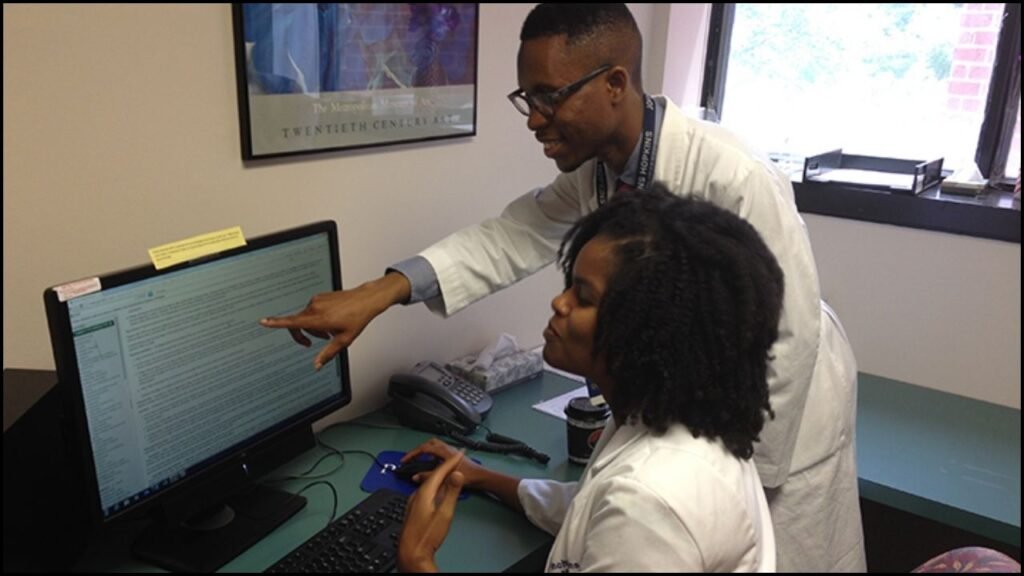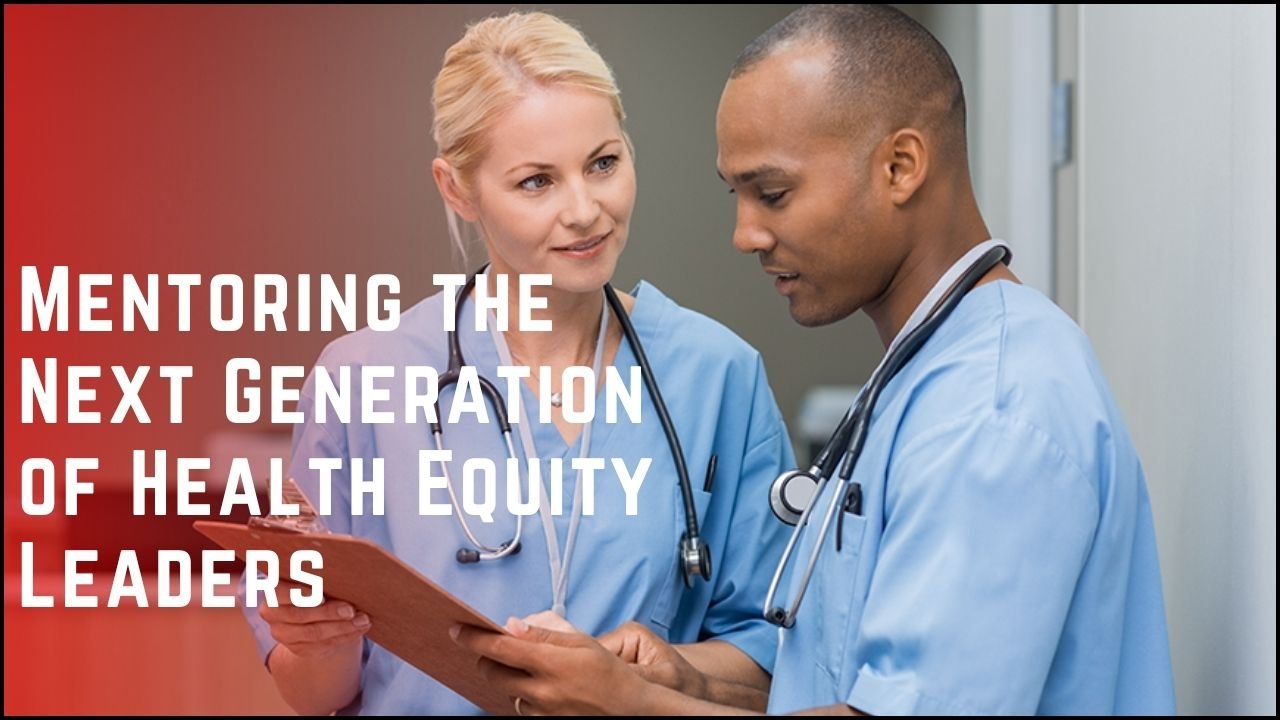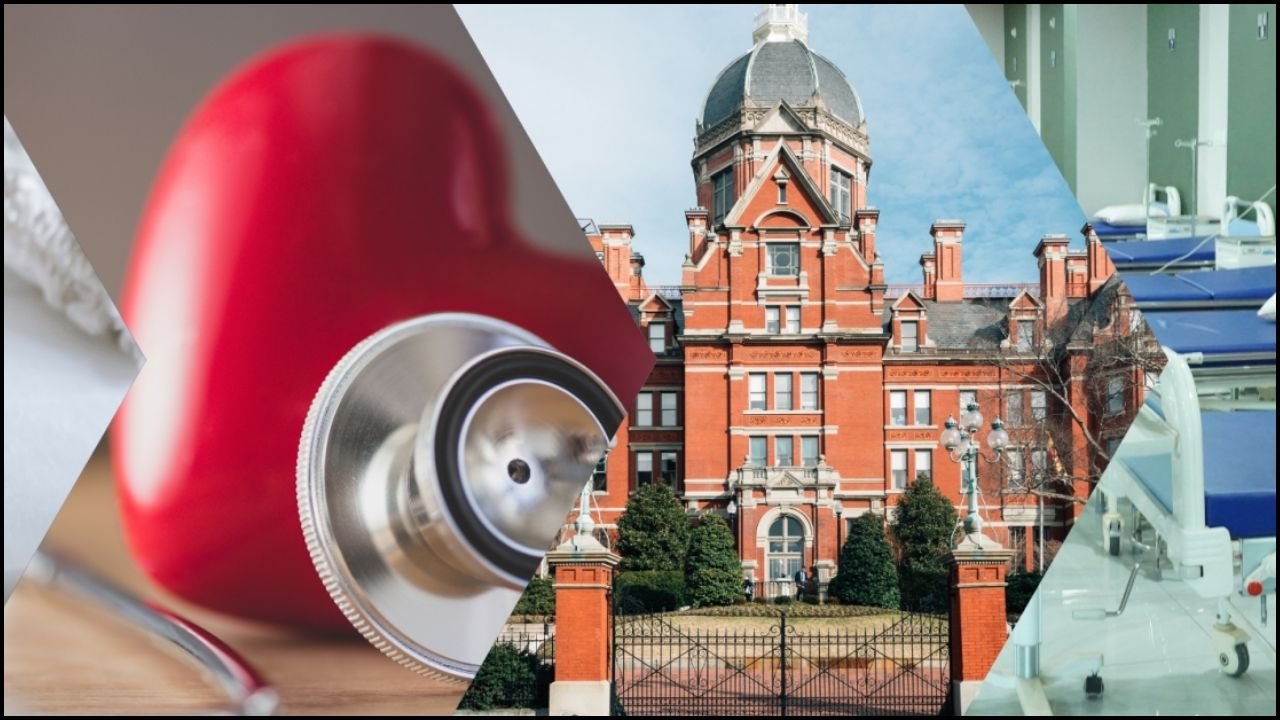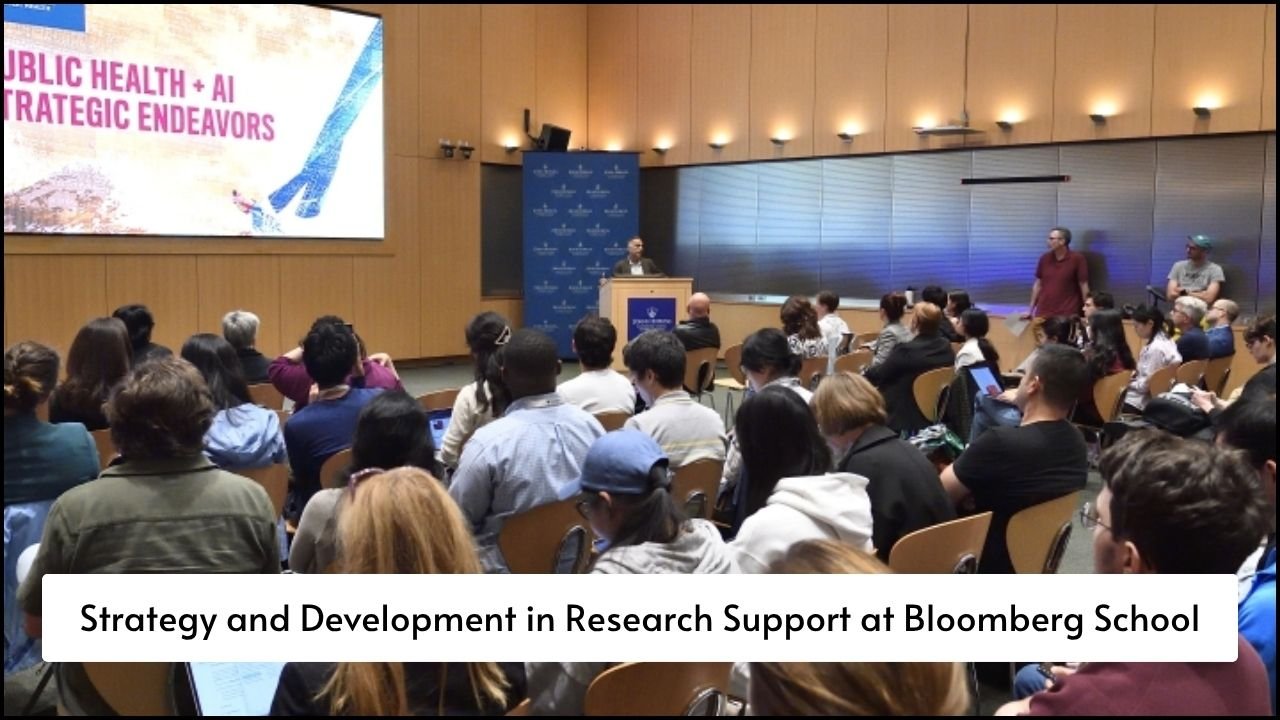
Residency programs play an important role in preparing physicians for specialized roles in healthcare. The Bloomberg School offers two unique and focused residency programs. One program concentrates on general preventive medicine, while the other focuses on occupational and environmental medicine. These programs are carefully designed to give physicians both academic knowledge and practical experience in their chosen fields. With a two-year structure that combines classroom learning and real-world application, these programs help future doctors become leaders in public health.
Table of Contents
Key Features of Bloomberg School Residency Programs
- Both programs last for two years.
- The first year is academic, where residents earn a Master of Public Health (MPH).
- The second year includes practical rotations and real-world training.
- Programs focus on public health leadership and clinical expertise.
General Preventive Medicine Residency Program
Objective
This program prepares physicians to address public health challenges using population-based strategies. Emphasis is placed on prevention, health promotion, and systems-based healthcare management.
Skills and Knowledge Gained
- Understanding of disease prevention strategies
- Training in public health research methods
- Skills in health policy development
- Competence in program design and evaluation
- Clinical exposure to preventive health care models
Academic Year (Year 1)
- Enroll in the Bloomberg School’s MPH program
- Study subjects like epidemiology, biostatistics, health behavior, and policy
- Participate in seminars and workshops focused on preventive medicine
Practical Year (Year 2)
- Complete clinical rotations in various public health settings
- Work with state and local health departments
- Contribute to the evaluation and improvement of community health programs
- Collaborate with policymakers and public health professionals
Career Paths After Completion
- Public health consultant
- Health program evaluator
- Director of community health initiatives
- Researcher in preventive medicine
Occupational and Environmental Medicine Training Program
Objective
This program trains physicians to understand and manage health risks related to the workplace and environment. Physicians become skilled in identifying hazards, conducting risk assessments, and ensuring workplace safety.
Skills and Knowledge Gained
- Identification and management of occupational diseases
- Knowledge of environmental toxicology
- Training in legal and regulatory aspects of occupational medicine
- Ability to conduct workplace hazard evaluations
- Communication skills for working with employers and workers
Academic Year (Year 1)
- Enroll in the Bloomberg School’s MPH program
- Study topics such as industrial hygiene, occupational epidemiology, and environmental health sciences
- Attend specialized workshops and field visits
Practical Year (Year 2)
- Participate in rotations in occupational health clinics, corporations, and government agencies
- Investigate environmental exposures and their effects on health
- Learn to assess worker compensation cases
- Engage in case studies and risk communication exercises
Career Paths After Completion
- Corporate medical director
- Consultant in occupational health
- Government occupational health officer
- Researcher in environmental medicine
Comparison: Residency Programs at the Bloomberg School
| Aspect | General Preventive Medicine | Occupational & Environmental Medicine |
|---|---|---|
| Duration | 2 years | 2 years |
| MPH Degree Earned | Yes | Yes |
| Focus Area | Population-based health strategies | Workplace and environmental health |
| Year 1 Activities | Academic learning through MPH courses | Academic learning through MPH courses |
| Year 2 Activities | Rotations in public health departments | Rotations in occupational health settings |
| Skills Developed | Health policy, program evaluation, and community care | Risk analysis, toxicology, and workplace safety |
| Career Opportunities | Public health agencies, academia, and healthcare organizations | Corporations, government, and private consulting |
Benefits of Joining These Residency Programs
- Strong Academic Foundation: The MPH program from Bloomberg is globally recognized.
- Real-World Application: Rotations provide exposure to actual public health challenges.
- Expert Mentorship: Residents learn from leaders in public health and medicine.
- Network Building: Programs connect residents with professionals and agencies worldwide.
- Leadership Development: Training is designed to create future leaders in the health sector.
Admission Requirements (Typical Criteria)
| Requirement | Details |
|---|---|
| Medical Degree | Required (MD or equivalent) |
| US Citizenship or Visa | May be required depending on program |
| Application Materials | CV, personal statement, recommendation letters |
| Interviews | Usually part of the selection process |
| Commitment to Public Health | Strongly valued |
Why Choose the Bloomberg School?
- Global Reputation: Known for excellence in public health education.
- Expert Faculty: Professors with deep experience in their fields.
- Collaborative Learning: An Interdisciplinary approach to education.
- Resource-Rich Environment: Access to data centers, libraries, and research labs.
- Diverse Peer Group: Physicians from various backgrounds join the program.
Outcomes from the Residency Programs
| Contribution | Outcome |
|---|---|
| Preventive medicine training | Physicians capable of designing health programs |
| Environmental health education | Better understanding of workplace hazards |
| Academic and practical balance | Holistic preparation for public health roles |
| Interdisciplinary collaboration | Stronger policy and community engagement |
| Rotational experience | Hands-on exposure to diverse healthcare systems |
Summing Up
Residency programs at the Bloomberg School offer more than just academic excellence. These programs shape physicians into public health leaders who can solve complex problems in communities and workplaces. With a combination of classroom learning, real-world exposure, and strong mentorship, these two-year residencies open doors to impactful careers in public health. For physicians seeking meaningful, long-term roles in prevention and environmental medicine, the Bloomberg School provides a strong and supportive foundation.





